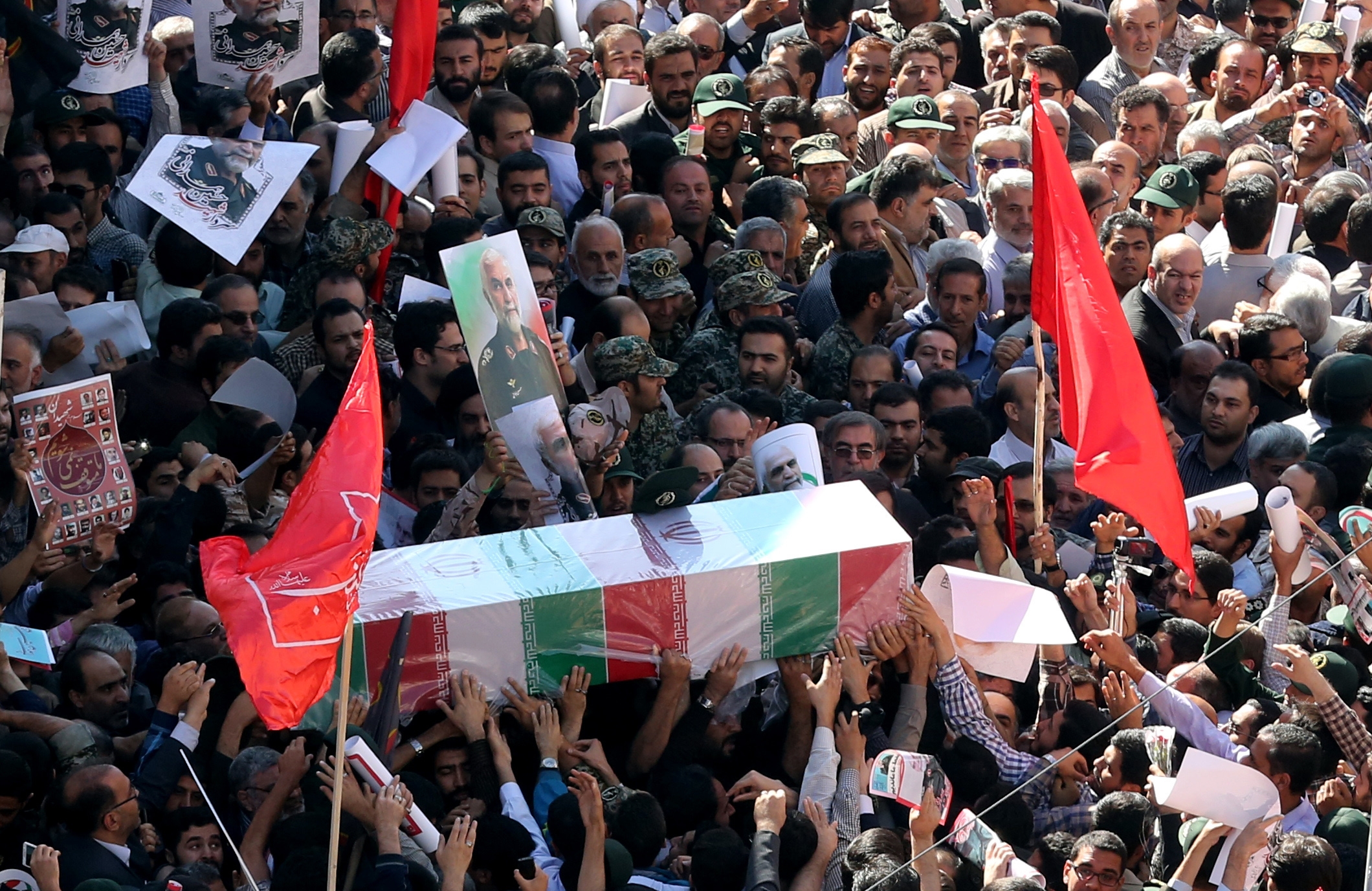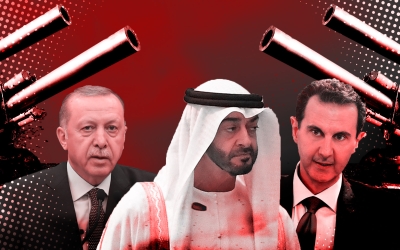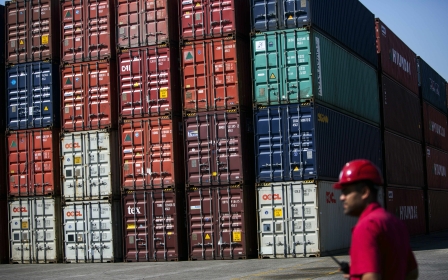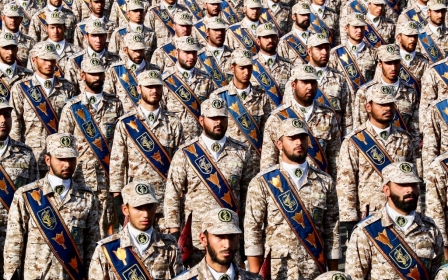Iran should be repaid billions it spent in Syria, legislator says

Iran should be paid back the money it has spent in Syria, according to an Iranian legislator who estimated that Tehran has "given" Damascus as much as $30bn.
In an interview with news website Etemad Online on Monday, the Iranian parliament's National Security and Foreign Policy Commission chair Heshmatollah Falahatpisheh said Tehran should be reimbursed for its spending in Syria.
Falahatpisheh was enumerating his achievements as a legislator when he recalled a 2018 trip to Damascus where he made similar remarks about being repaid by Syria, stressing that he stands by his statement.
"I repeat, we may have given Syria $20bn to $30bn, and we have to take it back from Syria. The money of this nation has been spent there," Falahatpisheh said.
Starting in 2013, military intervention by Tehran and its allies - including Lebanon's Hezbollah, Iraqi paramilitaries and Afghani fighters - turned the tide of civil war in favour of the government of Syrian President Bashar al-Assad.
New MEE newsletter: Jerusalem Dispatch
Sign up to get the latest insights and analysis on Israel-Palestine, alongside Turkey Unpacked and other MEE newsletters
The Iranian military support, followed by a Russian military campaign two years later, helped Damascus recover most of the territories it had lost to militant groups.
Iran and Hezbollah have set up bases around Syria, raising the ire of the United States and Israel, which regularly carries out air strikes against Iranian targets in the war-torn country.
Earlier this week, Iranian officials refuted Israeli accounts that Tehran was withdrawing its forces from Syria.
"There has been no change in the quantity and quality of Iran's advisory presence in Syria. We will stay in Syria as long as the Syrian government needs the help of the Iranian advisers," a military source told Fars News Agency.
Falahatpisheh's remarks come at a time when the Iranian economy is struggling amid crippling US sanctions.
While Syrian opposition activists accuse Iran of propping up the brutal Damascus government, Iranian officials say the campaign was necessary to prevent militant groups, including the Islamic State (IS) group and al-Qaeda, from threatening Iran's national security.
Over the past two years, Iran's Gulf rivals that initially supported rebel groups have softened their stance on Assad.
Last month, sources told Middle East Eye that Abu Dhabi Crown Prince Mohammed bin Zayed pushed Assad to attack the last rebel stronghold in northwestern province of Idlib to break a ceasefire brokered by Russia, Turkey and Iran.
Middle East Eye delivers independent and unrivalled coverage and analysis of the Middle East, North Africa and beyond. To learn more about republishing this content and the associated fees, please fill out this form. More about MEE can be found here.





